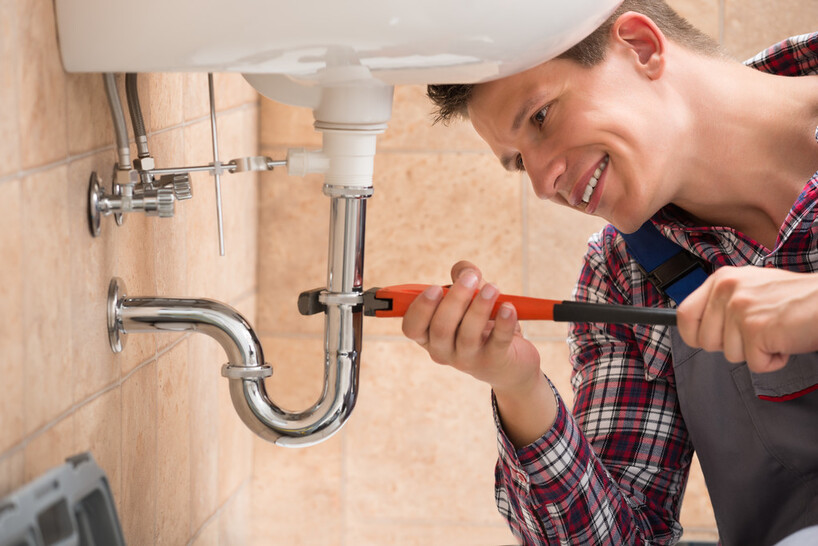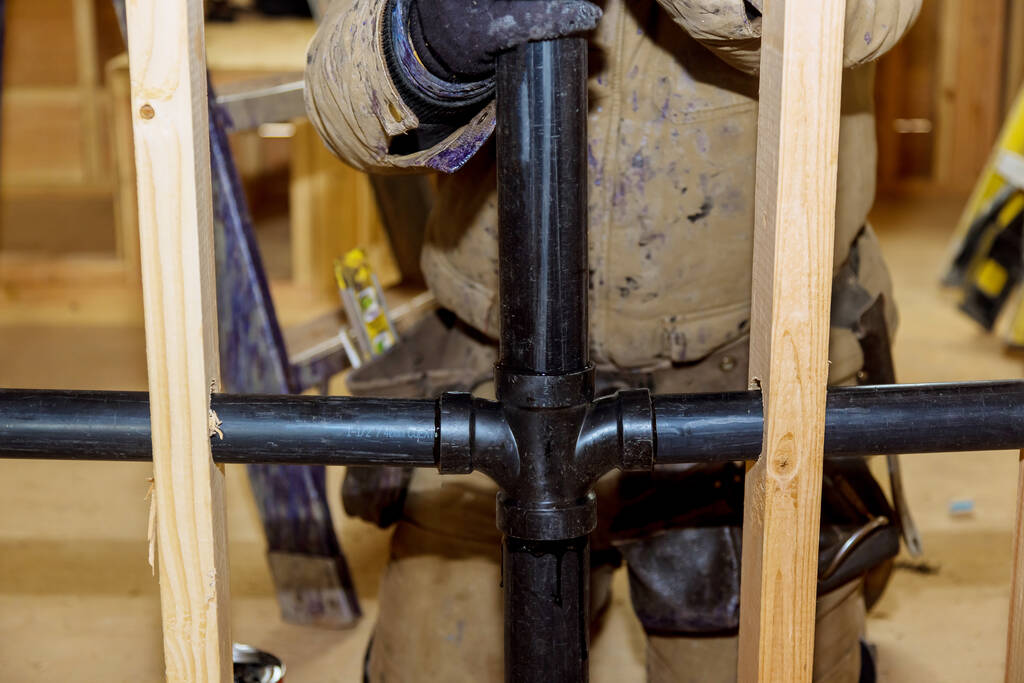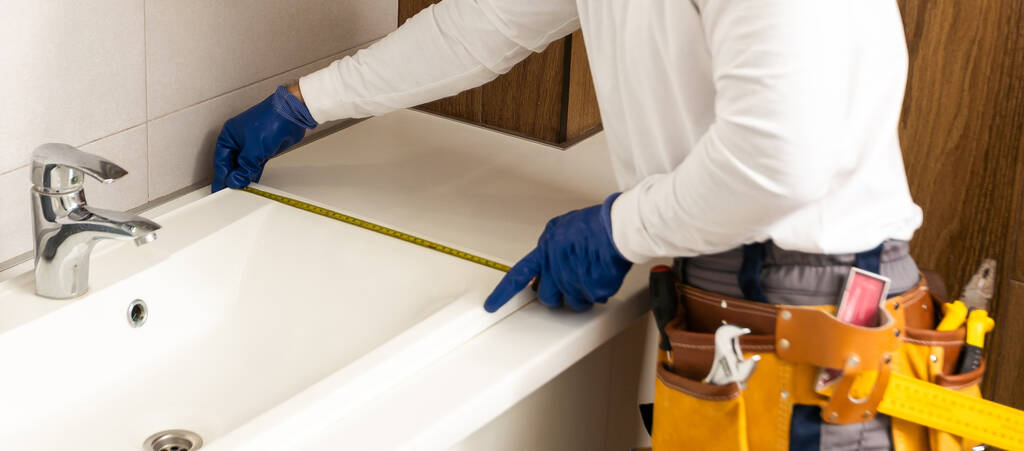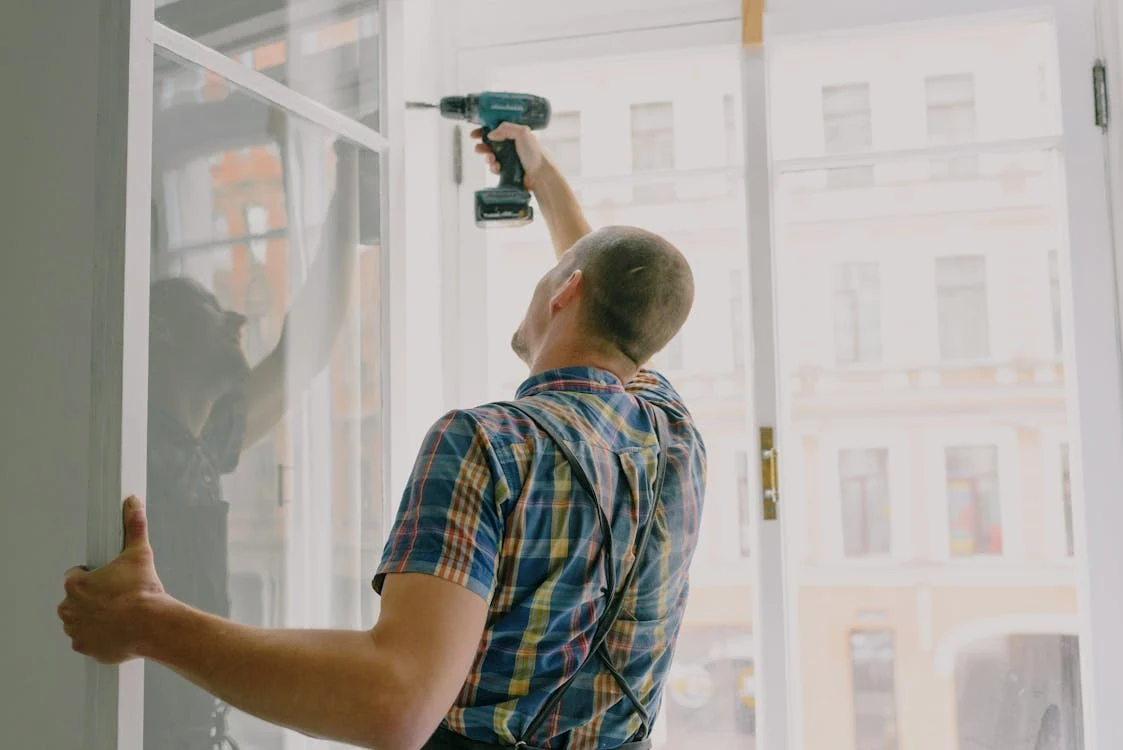Blog
Tips for Choosing the Right Plumber for Your Home

Choosing a plumber for your home involves finding contractors that offer residential plumbing services in your area. Whether you have a backflowing toilet or a burst pipe, look for a team of plumber northern suburbs who are available to fix the issue at a time that suits your schedule. Look for contractors that offer full-service solutions, including installations, repairs, and maintenance for faucets, water heaters, toilets, and sewer lines.
If you need a plumber to install a water heater, repair a broken sewer line, or defrost frozen pipes, schedule an inspection to help the team understand the issue. During inspections, plumbing contractors diagnose problems and recommend solutions. They also provide a timeline and pricing estimate for the necessary repairs or maintenance work.
Understand What Type of Plumbing Work You Need

Before contacting a plumber, figure out what kind of job it is. Is it a blocked pipe, a new installation, or a leaking water heater? Different plumbers have different specialties.
Examples:
- Fixing a leaking tap: Minor repair
- Installing new pipelines: Major work
- Upgrading a bathroom: Renovation project
Common Plumbing Needs and the Type of Plumber Required
| Plumbing Need | Type of Plumber Needed |
|---|---|
| Leaky faucet | General residential plumber |
| Water heater repair | Specialist in heating systems |
| Drainage system issues | Sewer and drainage expert |
| Bathroom remodel | Plumber with remodeling skills |
Check for a Valid License
A plumber must have a license to operate in many countries or states. A license means the plumber has been trained and is legally allowed to provide plumbing services.
How to Check:
- Ask the plumber to show you their license.
- Visit your local authority’s website to verify.
Tips:
- Never assume they are licensed just because they say so.
- Some handymen may offer plumbing but may not be licensed.
Ask About Insurance
Insurance protects your home and the plumber in case of accidents or mistakes. It covers both damages and medical costs if someone is injured.
Checklist to Ask:
- Do you have liability insurance?
- Are your workers covered under worker’s compensation?
Why It Matters: If the plumber damages your property and is uninsured, you may be forced to pay for repairs yourself.
Consider Their Experience
Experience brings knowledge. A plumber who has seen many situations is more likely to solve your problem faster and properly.
Things to Ask:
- How many years have you been in business?
- Have you handled problems like mine before?
Experience Level and Suitability
| Experience Level | Suitable For |
| 1-2 years | Small repairs, basic tasks |
| 3-5 years | Larger residential jobs |
| 5+ years | Complex projects and diagnosis |
Compare Rates But Don’t Focus Only on Price
Price matters, but the cheapest plumber is not always the best. Some charge less but use poor-quality parts or rush jobs.
What to Ask For:
- Written estimates
- Breakdown of parts and labor costs
Table: Price vs. Value Comparison
| Feature | Cheap Plumber | Quality Plumber |
| Price | Low | Fair |
| Parts Quality | Low | High |
| Workmanship | May be poor | Usually solid |
| Long-term Reliability | Questionable | Better assurance |
Check for Warranties
A warranty shows that a plumber stands behind their work. It gives you peace of mind in case the problem returns.
Ask the Following:
- Do you provide a guarantee?
- What does the warranty cover?
- How long is it valid?
Why Warranties Matter: They can save you money if a fix doesn’t last.
Review Offered Services
Ask your plumbing contractor if they offer emergency plumbing services for urgent, same-day repairs. Partnering with plumbers who offer standard and emergency services enables you to keep your home’s plumbing in good condition at all times. These companies may also offer replacement products and service plans, giving you access to convenient solutions for your plumbing needs.
If you’re planning a large-scale plumbing installation project, look for established contractors with previous experience in such projects.
Verify that the contractor handles project planning, pipework installation, water heater connection, softener installation, and system testing.
Full-service contractors may also be able to request or submit permits for new plumbing systems on your property.
Some plumbing repairs require obtaining permits from the city or your homeowners’ association. Other projects, such as bathroom upgrades, may require sourcing specific hardware. Communicating your plumbing needs and requirements early gives plumbers enough time to gather the necessary materials and perform the services effectively.
Schedule an Appointment With a Plumber

Finding a high-quality plumbing contractor allows you to address issues like leaks and blocked drains before they escalate into major repairs and replacements. Before hiring a plumber to work on your home’s system, schedule an inspection to gain an understanding of their repair approach and timeline. Ask about their range of services and their availability for emergency solutions to burst pipes or backflowing drains. Contact a plumber today to learn more about how they can restore the functionality of your home’s plumbing system.
Final Thoughts
Choosing the right plumber is not just about fixing a leak. It’s about keeping your home safe, your family comfortable, and your wallet protected. Taking the time to ask the right questions and watch for signs of professionalism can help you avoid stress later on.
Even if the work seems simple, having a trustworthy plumber can save you money and trouble in the long run. Keep their contact handy, and once you find the right one, don’t lose them. Building a long-term relationship with a good plumber can be one of the smartest things you do for your home.
Always remember: A little time spent choosing the right plumber now can save you a lot later.


